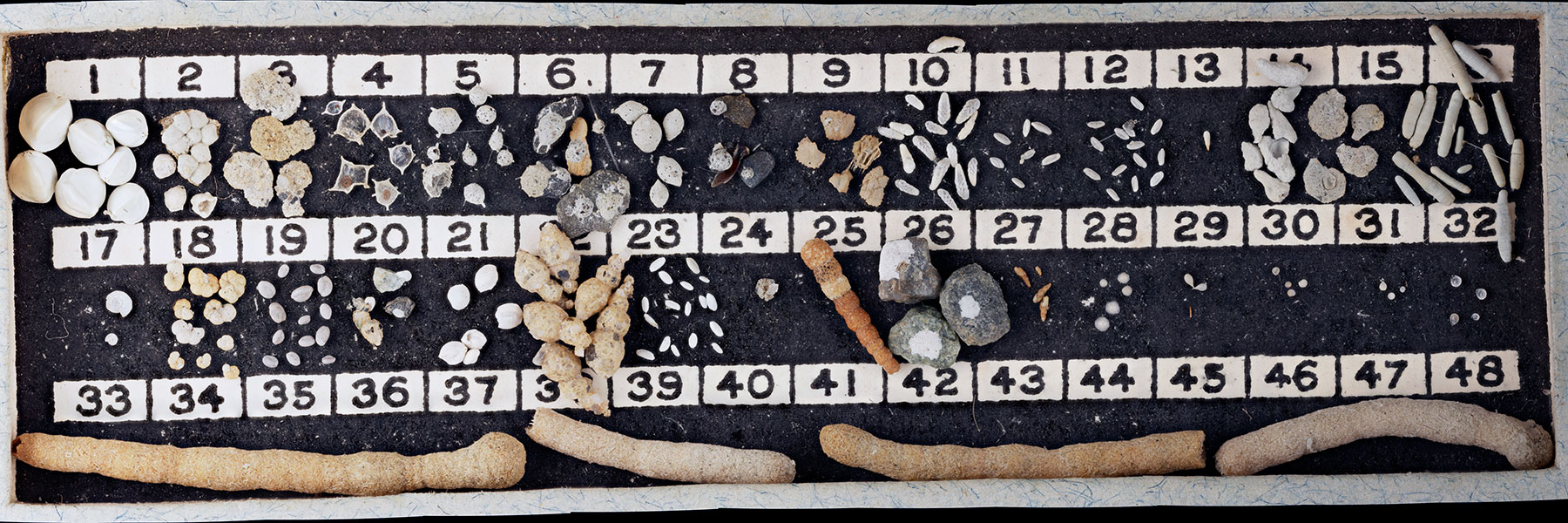Imago Digital Repository
What is Imago?
Imago means 'image' in Latin and also refers to the adult stage of insects after metamorphosis. Similarly, specimen digitization is a metamorphosis of biocollection specimens from physical object to born-digital entity, so Imago is where our specimens’ new lives as a digital objects begin. Imago uses a Fedora 4 repository with Sufia 7 as an extensible Hydra Head with rich metadata that utilizes both the Dublin Core and Darwin Core standards. The repository holds 2-dimensional and 3-dimensional specimen images, associated text files, and other media types. The dynamic linkage to Symbiota (an inter-institutional collaborative digitization platform) and Specify (a collection management software suite) enables the institutional master databases to propagate metadata for the digital resources to Imago, where they are publicly available.
Imago serves as the digital repository home for IU’s Herbarium collection and provides curated image data to the Symbiota-based Consortia of Midwest Herbaria (CMH). The CMH data portal includes rich metadata for the IU Herbarium collection, has useful plant identification tools, and aggregates specimen information from many other herbaria.
CBRC Management
The Center for Biological Research Collections (CBRC) is a consortium of research-based scientific collections at Indiana University: The Indiana University Paleontology Collection, and the William R. Adams Zooarchaeology Laboratory. The Center focuses on collections of natural history specimens, including fossils and archaeological remains that have shared taxonomic, geographic, and temporal metadata requirements. The CBRC is funded by the College of Arts and Sciences, the Office for the Vice President for Research, the Department of Anthropology, the Department of Earth and Atmospheric Sciences, and externally funded grants to enhance collection-based research and education in diversity, zooarcheology, paleontology, and related disciplines by providing shared infrastructural and data management support.
This repository was developed by the Indiana University Libraries, in conjunction with the CBRC.


